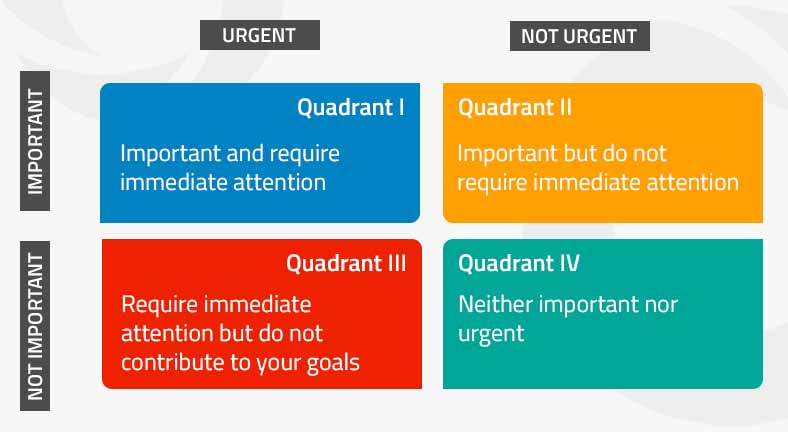Careers | 29 Sep 2023 | 9 min
Time Management Skills You Need to Know to Improve Work-Life Balance

Before I start today’s blog, let me clarify that I’m not a time management coach or guru. I have just made a sincere attempt to round up some handy tips about managing time. These can help us inch closer to the golden ideal of work-life balance that we all find ourselves striving for daily! A walk in the realm of time management skills is needed when we are greeted by a full (and at times brimming) platter of professional and personal tasks on most days…
On that note (staying true to the title of the blog), let’s set off on this walk!
First, fundamentally speaking…
The way I see it, time management is a multifaceted set of skills. Some even perceive it as the ability to be as proactive and efficient as possible with this resource called time.
You might have mused how at times hours seem to whiz by in a blur of what seems like mediocre productivity. Certain role models manage to infuse those same hours with copious amounts of constructive activity. (And I’m not talking about just work.) It’s quite possible that those people are leveraging their time well, with the help of some useful techniques.
Time management as a skillset can certainly be honed so that you can add to your productivity in case needed and find a better work-life balance. Now for the quintessential question: Why does time management matter? Let me try answering that…
Before we dwell on the reason, here are some examples of time management:
Whether it’s on an individual or a team level, managing time can look like:

It’s no secret that good management of time is directly linked to efficiency and productivity at work.
Research says that multitasking affects productivity by 40%. So, it does make a lot of sense to focus on one task at a time. Certain messages and emails do call for immediate attention, but otherwise, monotasking is quite possible.
Now I’d like to expand a little on prioritizing. The following elements play a vital role in this activity (you might like to devote an Excel sheet to it or prefer to put sketch pen to paper and take the color-coding route):
Speaking of importance and urgency, there is a skillfully presented matrix that suggests a way of navigating through the flurry of tasks that an average day brings for us, and here it is…
This is the Eisenhower matrix of time management that’s neatly sliced into four quadrants. Each quadrant contains certain kinds of activities and the sequence in which it would be a good idea to take them up.

As you will imagine, this matrix is something worth considering, as you would actually end up dividing your time among three important quadrants. What I mean is, the sooner you slot inconsequential things (timewasters) into Quadrant IV, the more time you would naturally devote to the other three (more significant) quadrants!
With that in mind, let’s move on to some more tips to help you manage time.
Here are a few tips you can try at work, the 80-20 rule you might like to follow, and finally, a couple of tips that may help you gain work-life balance.
In case you’ve heard of the Pareto Principle (the 80/20 rule), you know that 20% of actions drive 80% of results. What’s more, the other 80% accounts for only 20% of results. It simply means that wise time managers know that the top priorities (or the top 20%) are going to impact the most important results. Thus, they delegate the rest of their tasks. Voila! Time freed up automatically for the priorities!
I’m sure you will agree when I say that decompressing from the workday is extremely important. So, if you aren’t already, do carve out specific time slots for unwinding with your close ones. These could be for enjoying fun hobbies together or daily or weekly catchups over favorite beverages. Of course, the key principle here would be following through.
On a philosophical note, the pinnacle of time efficiency or work-life balance might appear to be a mirage, but it’s probably fair to say that excellent time management is achievable when you follow the tips that make the most sense to you and that have a real, positive impact on your work and personal life!
Feel free to send us an email with your views about this blog, or if you’d like to get acquainted with what we do at Nitor Infotech. We do our best to maintain a healthy work-life balance, so do check out our career page if you’d like to consider joining our team!

we'll keep you in the loop with everything that's trending in the tech world.
